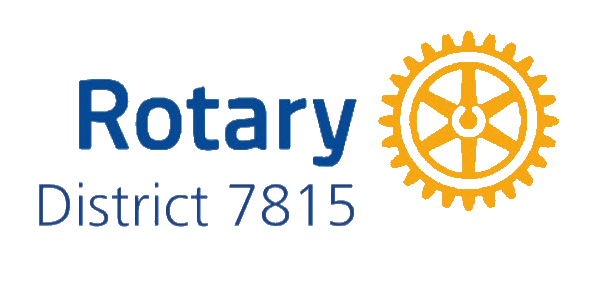 February is Peace and Conflict Resolution Month – how is your club acknowledging it?
February is Peace and Conflict Resolution Month – how is your club acknowledging it?
Why does Rotary have Peace and Conflict Resolution as an area of focus? Because conflict and violence displaced more than 68 million people in the past year, and half of those are children. As stated on the RI website, Rotarians refuse to accept conflict as a way of life. Rotary projects provide training that fosters understanding and provides communities with the skills to resolve conflicts.
How Rotary Makes Help Happen
Through our service projects, peace fellowships, and scholarships, Rotarians take action to address the underlying causes of conflict, including poverty, inequality, ethnic tension, lack of access to education, and unequal distribution of resources. Clubs in this district have taken action by sponsoring refugees to start new lives in Canada – and we have a history of supporting scholarships for students to learn about conflict resolution. We also have a long history of bridging cultures through participation in Youth Exchange programs – students learn understanding and appreciation of another culture and in doing so, they embrace the key to global citizenship, progress, and peace.
Rotary makes amazing things happen, like:
- Improving quality of life. Rotary members help families afford food, clothing, rent, utilities, medications, and other necessities.
- Raising awareness of bullying. Rotaract clubs in some countries conduct anti-bullying campaigns in schools to teach children how to handle conflict peacefully from an early age.
- Protecting domestic violence survivors and their families. Rotary members in some countries have helped shelters provide food, clothing, legal advocacy, and counseling to hundreds of women.
- Promoting positive peace. Rotary partners with leaders in the study of peace and conflict, to help address the root causes of conflict and create conditions that foster peace.
Some numbers:
- 100 peace fellowships are offered each year at Rotary Peace Centers around the world
- 65 million people are currently displaced by armed conflict or persecution
- $142 million has been raised by Rotary to support peace
- 1000+ students have graduated from Rotary’s Peace Centers program
Rotary Peace Centres
Through academic training, practice, and global networking opportunities, Rotary Peace Centers develop the capacity of peace and development professionals to become experienced and effective catalysts for peace. The fellowships cover tuition and fees, room and board, round-trip transportation, and all internship and field-study expenses. Where are they?
- Duke University and University of North Carolina at Chapel Hill, USA
- International Christian University, Tokyo, Japan
- University of Bradford, Bradford, England
- University of Queensland, Brisbane, Australia
- Uppsala University, Uppsala, Sweden
- Chulalongkorn University, Bangkok, Thailand
- Makerere University, Kampala, Uganda
The last university on that list is a brand new member of the Rotary Peace centre team – and the first in Africa. Rotary Peace Centers Committee Chair Bryn Styles, from Barrie Ontario, was there to launch the new centre last month. Check out the February Rotarian magazine for an article about it.
So what can your club do this month?
- Have a program that aligns with this theme – there are so many possible topics – from the activities of local shelters to academics working internationally – to TED talks that can prompt discussion
- Promote peace scholarships to potential local candidates
- Explore opportunities to be involved in bullying prevention programs
- Connect with local organizations supporting refugees and see how you can partner with them
- Invite local poverty reduction groups to participate in a panel discussion with your club to learn more about local needs – and how you can become involved
- Host a speaking contest or art exhibit for high school students around the theme
- What else? Share your ideas!
Trivia question – what is the newest addition to the Peace Centre list?
